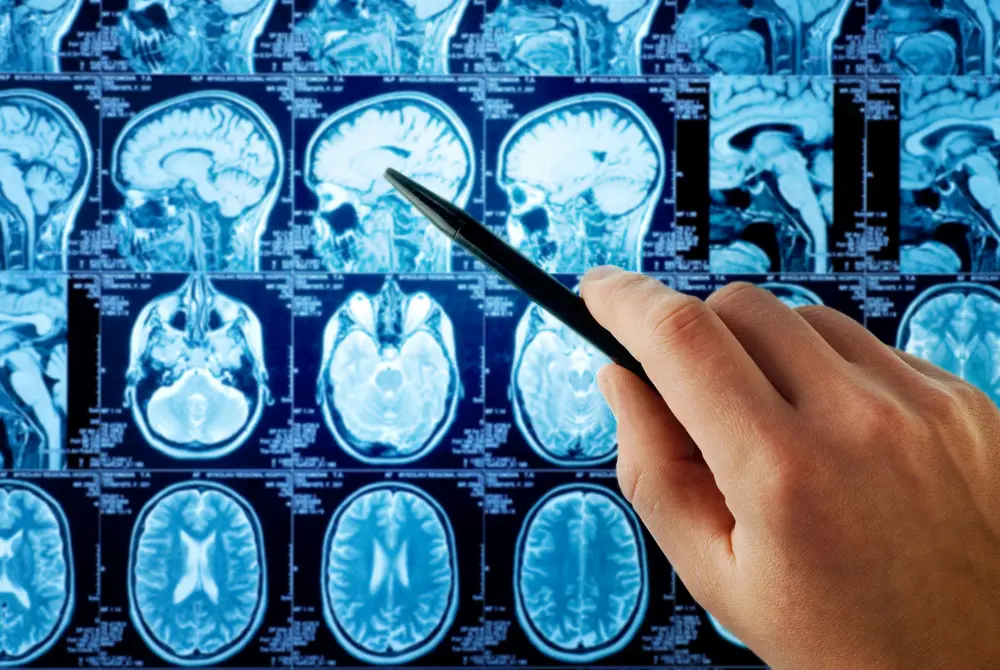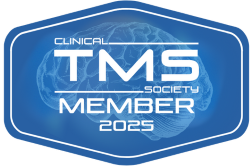
If you’re here, you might be looking to understand more about obsessive-compulsive disorder, commonly known as OCD. Whether you or a loved one are dealing with OCD or you’re simply curious about it, this guide will help you navigate this complex and often misunderstood diagnosis.
OCD affects millions of people worldwide. Recent statistics show that about 1 to 3% of the global population suffers from OCD, which means it’s more common than you might think. Despite its prevalence, OCD can be difficult to understand due to its varied symptoms and the way it impacts each person differently.
What is Obsessive-Compulsive Disorder?
Obsessive-compulsive disorder (or obsessive-compulsive personality disorder) involves a pattern of persistent, unwanted thoughts and fears (obsessions). These obsessions make you engage in repetitive behaviors (compulsions). When you have OCD, you feel driven to compulsive acts to ease your thoughts and fears. No matter how hard you try to eliminate or ignore the bothersome urges, they keep coming back. So you end up acting based on the ritual – it’s like a never-ending cycle.
OCD often centers on specific themes that vary from person to person. For example, you might have a fear of germs, which drives you to wash your hands over and over to ease the fear of contamination. Another person might fear causing harm to themselves or others, and that leads them to keep checking locks and appliances and seeking reassurance.
These actions consume a lot of time and energy and can sometimes cause severe physical and psychological harm. According to NIH, people with OCD are more likely to show a lifetime incidence of anxiety disorders. They are also likely to self-medicate with alcohol and drugs; this explains why about one-quarter of those who seek OCD treatment have substance use issues. But the good news is that with the proper support and treatment, you can manage the symptoms and greatly improve your quality of life.
OCD Symptoms
Obsessive-compulsive disorder symptoms are generally divided into two main parts: obsessions and compulsions.
Obsessions are unwanted, intrusive thoughts, images, or urges that cause intense emotions like anxiety or distress. When you have OCD, you may recognize that these urges and thoughts are just a product of your mind and that they can be unreasonable or excessive. And these thoughts can keep coming back, even though you don’t want them. Common obsessions include:
- Fear of contamination by the environment or people
- Extreme worry something is not complete
- Need for order – feeling that things must be symmetrical or in a perfect order
- Fear of harming yourself or others, even though you don’t want to
- Taboo or forbidden thoughts about sex, religion, or violence
Unfortunately, you cannot resolve these intrusive thoughts by logic or reasoning. So, you may try to ease the distress or undo the perceived threats by using compulsions. Compulsions are repetitive behaviors or mental acts that you feel driven to perform to reduce the anxiety caused by the obsessions. Common compulsions include:
- Excessive hand-washing and cleaning
- Constantly checking whether appliances are switched off, or doors are locked
- Counting items or doing tasks a certain number of times
- Putting things in a particular, precise order
- Repeating words or phrases in your head to reduce anxiety
Symptoms of OCD can be time consuming and make daily activities difficult. They might interfere with work, school, and relationships. It’s important to know you’re not alone and there are effective treatments available to help you manage these symptoms.
Causes of OCD
While the exact cause of OCD is unknown, numerous risk factors in
crease the chances of developing this mental illness:
- You are likely to develop OCD if you have a family member (parent or sibling) with the diagnosis. Researchers have yet to identify any gene or set of genes that lead to OCD, but studies are looking into the connection between the two.
- Biology is also a risk factor, as brain imaging studies show differences in brain structure and functioning in people with OCD – particularly in areas related to decision-making, planning, and habitual behaviors. These differences may contribute to the development and maintenance of obsessions and compulsions.
- Environmental factors, like trauma, stress, and life events, can also trigger OCD symptoms. Childhood trauma, in particular, has been linked to an increased risk of developing OCD in young adulthood. Stressful life events, such as changes in family or work dynamics, can also act as triggers for OCD symptoms in susceptible individuals.
Treatment Options for OCD
Treatment for OCD typically involves therapy, medication, or a blend of the two. These are meant to improve one’s ability to function at work, build and enjoy relationships, pursue leisure activities, attend school and more.
For those patients who have not achieved sufficient improvement from traditional OCD treatment options, Deep Transcranial Magnetic Stimulation, or Deep TMS™, has been shown to safely and effectively alleviate the symptoms of OCD.
Cognitive-behavioral therapy (CBT)
Your healthcare provider will mostly use CBT to help you identify and change thought patterns and behaviors that contribute to OCD. They may use exposure and response prevention (ERP), a specific type of CBT, to expose you to objects or situations you fear so you can learn that fearful thoughts are just thoughts. You will also learn how to cope with your thoughts without relying on ritualistic behaviors.
Medication
Your healthcare provider may use selective serotonin reuptake inhibitors (SSRIs) to help reduce OCD symptoms. SSRIs are often used for depression but are also effective in OCD treatment. Your doctor will likely use a higher dose for OCD than is used for depression. It could take about 6-12 weeks or longer to notice results.
Transcranial Magnetic Stimulation
Transcranial magnetic stimulation, or TMS therapy may also show positive results for people who struggle with OCD. The first noninvasive device FDA-cleared to treat OCD, Deep TMS utilizes magnetic fields to safely regulate the neural activity of brain structures found to be related to OCD.
A multicenter study published in 2019 by the American Journal of Psychiatry confirmed the treatment’s efficacy and a peer-reviewed multicenter clinical study found Deep TMS to be a highly effective OCD treatment, with more than one in three treatment-resistant OCD patients achieving “response”, greatly improving their quality of life.
Deep TMS is also safe to combine with other forms of therapy, and does not cause any adverse or long-lasting side effects. It is noninvasive and can be easily incorporated into the patient’s daily schedule.
Neurosurgical Treatment
If you have a treatment-resistant OCD, you might benefit from gamma ventral capsulotomy. Recent studies show that this surgical procedure can help patients who don’t respond to typical treatments. Gamma ventral capsulotomy uses gamma radiation to target and modulate brain activity. There’s also deep brain stimulation, which involves implanting a device that delivers electrical stimulation to specific brain areas.
Lifestyle Changes
Lastly, you may need to make some lifestyle changes to help with your OCD. Engaging in regular physical activity, practicing stress management techniques like mindfulness or yoga, and maintaining a healthy diet can all help manage your OCD symptoms.
OCD Help at Relief Mental Health
Relief Mental Health offers comprehensive treatment options for OCD, including therapy, medication management, and TMS. If you or someone you know is struggling with OCD, reach out to us today for personalized and effective care.




